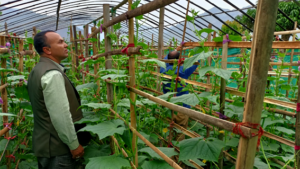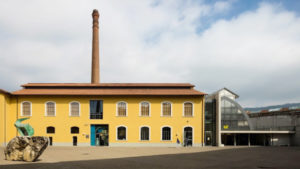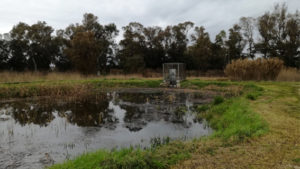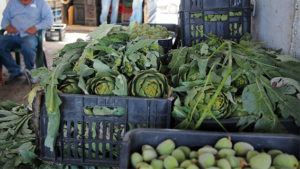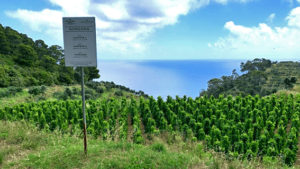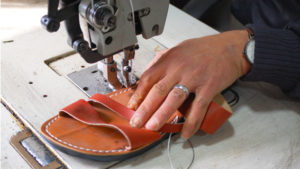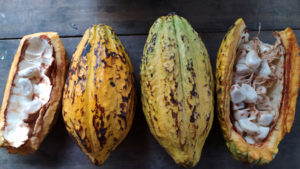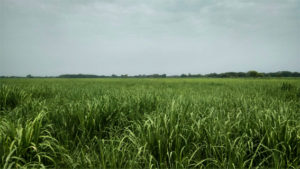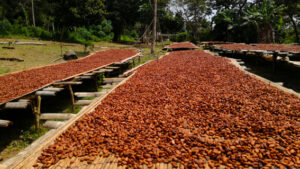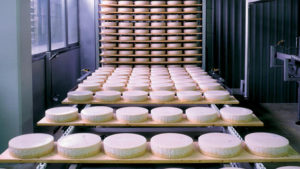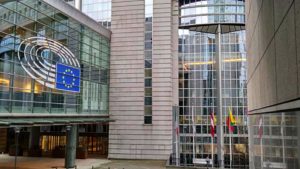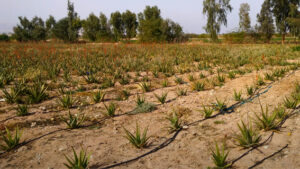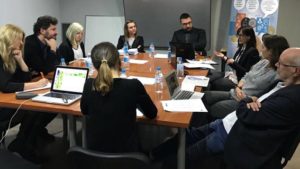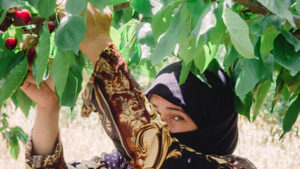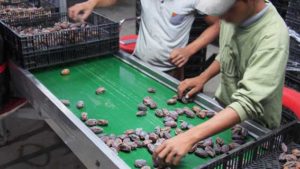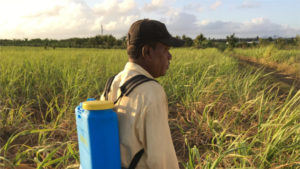Project URGE and Circular Economy, technical and scientific support for the Municipality of Prato
Title URGE – ‘circUlaR buildinG citiEs
Location Prato
Duration 2019-2022
Partners Municipality of Utrecht, Monaco, Copenhagen, Kavala, Granada, Riga, Oeste e Nigrad.
Framework Urbact – Driving change for better cities III Programme 2014 -2020+
Funding European Union – Regional Development Fund
Context
URGE, standing for ‘circUlaR buildinG citiEs’ is an Action Planning network on circular economy in the construction sector – a major consumer of raw materials. As there is a gap in circular economy principles’ implementation in this sector, URGE brings together nine cities and their stakeholders to inspire and learn from each other in developing their integrated urban policy. This supports integration of circularity in the construction tasks, thus contributing to sustainable cities.
For over 15 years, the URBACT programme has been the European Territorial Cooperation programme aiming to foster sustainable integrated urban development in cities across Europe. It is an instrument of the Cohesion Policy, co-financed by the European Regional Development Fund, the 28 Member States, Norway & Switzerland.
URBACT’s mission is to enable cities to work together and develop integrated solutions to common urban challenges, by networking, learning from one another’s experiences, drawing lessons and identifying good practices to improve urban policies.
The URBACT III programme is organised around four main objectives:
- Capacity for Policy Delivery: to improve the capacity of cities to manage sustainable urban policies and practices in an integrated and participative way.
- Policy Design: to improve the design of sustainable urban policies and practices in cities.
- Policy Implementation: to improve the implementation of integrated and sustainable urban strategies and actions in cities.
- Building and Sharing Knowledge: to ensure that practitioners and decision-makers at all levels have access to knowledge and share know-how on all aspects of sustainable urban development in order to improve urban development policies.
General Objective
Thanks to the URGE project, the Municipality of Prato will develop best practises to reduce the environmental and economic impact of the demolition of buildings, also by mapping and tracing the flow of materials.
Our contribution
Each partner city is required to set up an URBACT Local Group (ULG) involving all relevant local stakeholders, representing different interests and perspectives, to frame problems, agree on policy priorities and design concrete solutions. In Prato, the ULG is coordinated by ARCO on behalf of the Municipality of Prato.
Participants of the Local URBACT Group include municipal officials, representatives of professionals and associations. The working methodology foresees considering: 1) the legislative framework at European, national and city level; 2) the discussion and sharing of best practices on the circular re-use of buildings at different levels by the involvement of multiple stakeholders. These different inputs allow diversifying the sources of information, going deeper into the topic and cross-referencing the results in order to obtain a complete and coherent picture of the main issues affecting the building sector and the application of circular principles. The flexibility of the selected method is crucial to adapt it to the target group (e.g. different respondents or group participants) and the topic. Moreover, focus groups encourage participants to openly acknowledge the need for more frequent interaction (both within and between co-operatives) to discuss relevant needs and potential solutions.
The work of the URBACT Local Group produces periodical reports and is focused on the definition of an Action Plan at local level that aims at defining concrete actions to overcome the barriers (legislative, economic, knowledge) that slow down the transition towards the circular economy in the construction sector.
Read more on our Circular Innovation & Sustainable Commodities Unit


